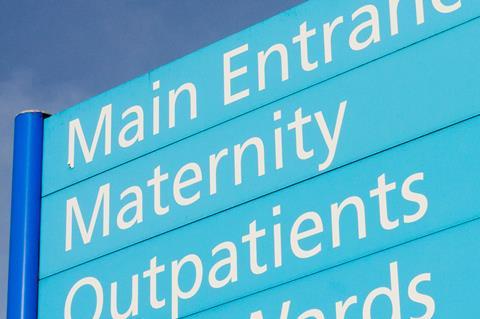What with Brexit and a global pandemic, the reform of legal costs has not been top of the government’s priority list. But there have recently been developments.

Last month, the government revealed it was finally going to implement plans for an extension of fixed recoverable costs drawn up by Sir Rupert Jackson, which he submitted to the Ministry of Justice in July 2017. For most cases worth up to £100,000, the amount of costs that can be recovered from the losing side will be limited to the sums set out in a grid of fixed costs.
It is easy to see the theory behind extending fixed recoverable costs. You can kiss goodbye to all those painful hours spent on preparing – and revising – a budget. Let’s face it, no one will miss that. And you can give your client certainty from the outset over how much they will have to pay towards their opponent’s legal costs if the claim fails. Even in this era of costs budgeting, the worry of escalating adverse costs – over which the client has no control – is one of the biggest factors in deterring claimants from pursuing their case; and so fixed recoverable costs could actually see more claimants feeling emboldened to pursue litigation.
The problem is that for fixed costs to work, you really need to get the numbers right. Claimant lawyers have serious concerns about the figures in Jackson’s proposals, which were mainly based on a large dataset provided by a single defendant law firm.
Let’s be clear about the consequences if the fixed recoverable fees are set too low. If claimant lawyers cannot recover enough from a losing defendant, they will have to make up the shortfall from their own client. That will significantly alter the economic dynamics of the litigation, and many cases will just not be viable. That means individuals and small businesses unable to bring claims, even though they have suffered losses of up to £100,000. Which is a serious issue for access to justice. Let us hope that the figures can be considered again, with wider input, before the reforms are introduced.
'Are we heading towards a no-fault compensation system? This would be a very radical shift, with considerable risk to the ability of negligence victims to achieve full compensation'
Meanwhile, the government is also turning its attention to clinical negligence claims. An announcement on this is expected soon. At the same time, the Commons Health and Social Care Committee has just launched a call for evidence on ‘litigation reform’. Among other things, the committee seeks views on the extent to which the ‘adversarial nature’ of the current system creates a ‘blame culture’ that affects medical advice and decision-making.

Speaking in parliament last month in relation to the safety of maternity services, committee chair and former health secretary Jeremy Hunt said that ‘quite understandably, parents will fight to get that compensation and, also understandably, the doctors, nurses and midwives become defensive if they are accused of clinical negligence. It does not have to be that way. We need a system where people are entitled to compensation as soon as it is accepted that a mistake was made without the necessity to prove clinical negligence’.
Are we heading towards a no-fault compensation system? This would be a very radical shift, with considerable risk to the ability of negligence victims to achieve full compensation. And you have to ask whether it is really needed, particularly given recent progress. On the ground, the anecdotal evidence is that since the pandemic, claimant and defendant lawyers have got much better at taking a more constructive approach to resolving claims, and working more collaboratively.
Figures from NHS Resolution’s last annual report, published in July, also bear this out. The organisation reported that claimant legal costs had fallen by nearly 10%, which it attributed to long-term trends towards fewer high-value claims, a lower rate of claims inflation, and a lower average cost of claims. It said the cost of settling claims in 2020/21 had fallen by £120m (to £2.26bn).
The most important figure in NHS Resolution’s report is the fact that 65% of compensation relates to maternity claims. Time and again we see reports of maternity units that have failed patients, with tragic consequences. Just last week, the Royal College of Midwives warned of a ‘midwife exodus’ as professionals feel unable to deliver safe care to women.
Surely that is the one, truly effective way to reduce the NHS compensation bill: staff and resource maternity units properly to reduce and mitigate those failures.
Rachel Rothwell is editor of Gazette sister magazine Litigation Funding, the essential guide to finance and costs.
For subscription details, tel: 020 8049 3890, or click here.































No comments yet